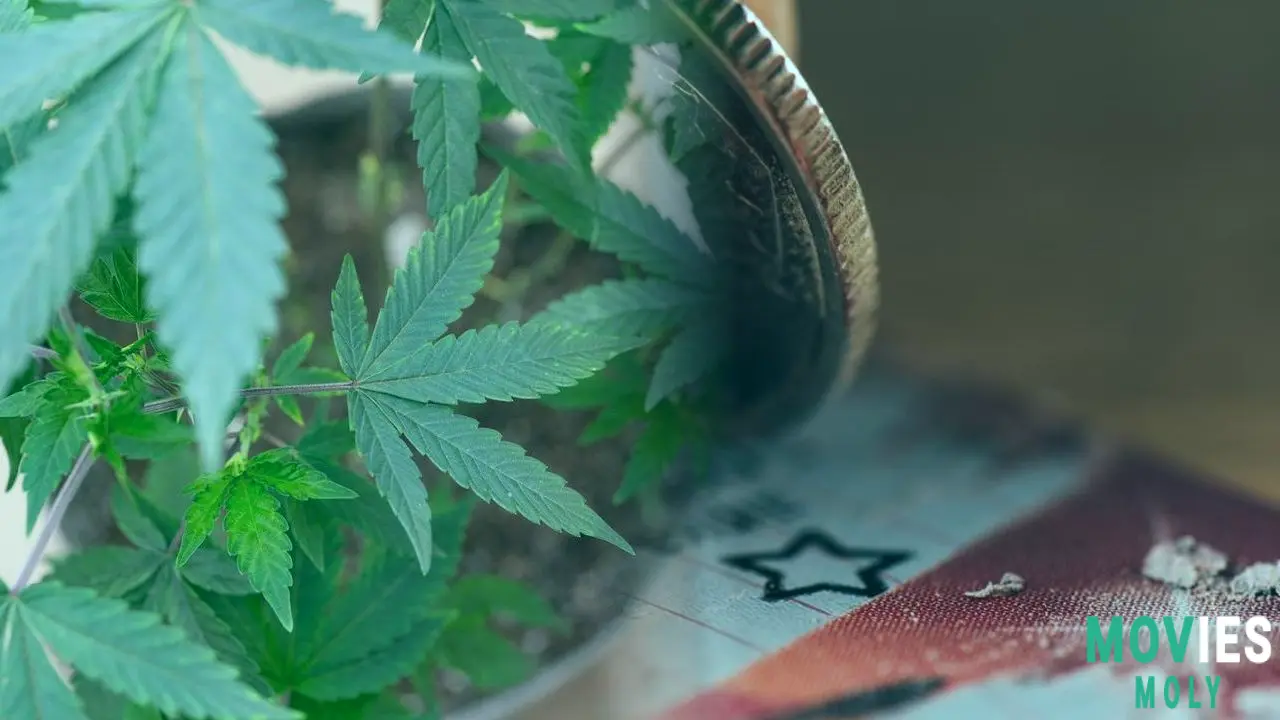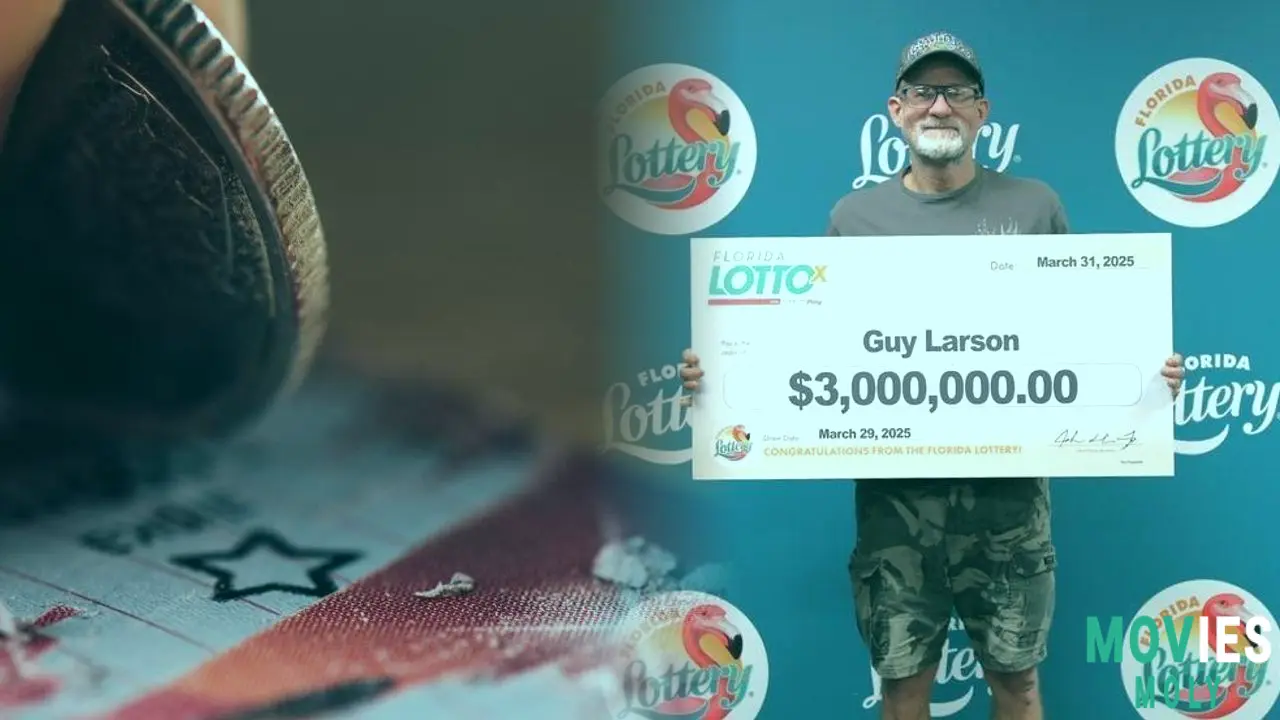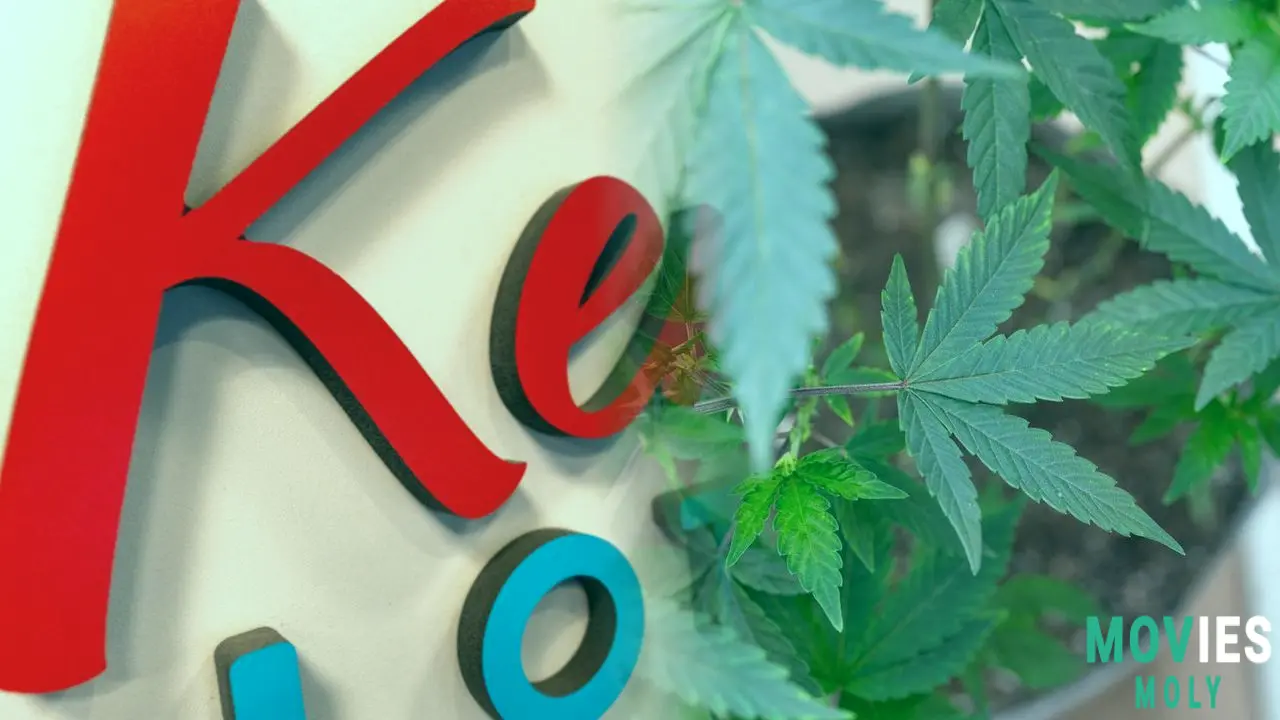We all have those moments, right? You are standing in line at the gas station, grabbing a coffee, and your eyes drift to those colorful lottery scratch-off tickets. You might even grab one, thinking about what you would do with a sudden windfall. For a lucky few, that daydream turns into reality. Recently, some folks in Ohio and Georgia hit it big, turning a small gamble into a life-changing amount of money. But the world of lotteries is not just about personal wins. It also involves big debates in state governments, from whether to start a lottery at all to arguments over how to hand out licenses for new businesses. It is a mix of individual luck and complex public policy.
Just imagine being this woman from New Carlisle, Ohio. She walked into a gas station in Vandalia, bought a $2 million Extreme Cash scratch-off, and walked out with the top prize: $80,000 every year for 25 years. That is a pretty sweet deal. It is one of those stories that makes you think maybe, just maybe, it could be you next time. Over in Georgia, other players also found good fortune. One player picked up a $1 million prize from a 2nd Edition Billionaire Club scratch-off game. Those tickets were sold in Cairo and Lawrenceville. Another person in Palmetto matched all five numbers in a Fantasy 5 drawing, winning over $176,000. These stories are a fun reminder that for some, those quick picks or scratchers really do pay off.
The Ongoing Political Debate In Alabama Over Starting A State Lottery SystemSenator Tommy Tuberville Weighs In On How A Potential Lottery Could Be Handled
While some states are celebrating big wins, others are still debating whether to even have a lottery. Alabama is one of those places. The idea of a state lottery and expanded legal gambling is a hot topic there. U.S. Senator Tommy Tuberville, who recently said he wants to run for Alabama governor, spoke on Huntsville WVNN's "The Dale Jackson Show" about his views. He made it clear that he believes the decision should be left to the state legislature and the people of Alabama. I think that is a fair way to approach something so important to a state's finances and its citizens.
Tuberville stressed that he would not allow the people who run lottery groups to make all the money. He wants to make sure the funds stay within the state. "It's going to be up to the people," Tuberville told the host. "The legislature has got to do it first, no matter what it is. And then, of course, the Alabama people and the referendum will have to vote on this." He specifically said he would not let "people to come in that run these lottery associations" take all the money. He thinks the money should go directly to the state, not to those managing the system. This seems like a common concern for people when they hear about state lotteries. They want to know the money benefits public services or stays local.
He continued by talking about his time in Washington D.C. He has had many discussions with former governors, now senators, about their experiences with state lotteries. He learned from them about the good and bad parts of what they did. He said a key lesson was: "If your people want to pass the lottery, just make sure that the money goes to the state and not to the people running the lottery system." He ended by saying, "if it's done, we'll do it the right way. Again, it's going to have to be passed by the people of Alabama, but it will be done the right way, and we will make some money out of it." His focus on doing things "the right way" and ensuring the money stays in the state is a clear message to voters. It makes you wonder how much income a state lottery could generate for Alabama if it were set up this way.
Minnesota's Cannabis Lottery Controversy And How It Was Finally Resolved

A Look At The Legal Battle Over Social Equity Licenses And What The Settlement Means
Beyond traditional lotteries, some states are using lottery systems for other purposes, like handing out business licenses. Minnesota's Office of Cannabis Management (OCM) recently had to deal with a big problem over a canceled cannabis business license lottery. The story is a bit messy. The OCM agreed to a settlement with a group of social equity marijuana business license applicants. These applicants were approved for a pre-approval lottery that was later called off. An attorney for the OCM announced this agreement in a Ramsey County District Court hearing. This legal step likely brings an end to a case that threatened to mess up the OCM’s plans to give out hundreds of licenses.
The original pre-license lottery was supposed to help social equity applicants get a head start in the new cannabis industry. This group includes veterans, people from high-poverty areas, and those who were negatively affected by past cannabis laws. However, the lottery was abandoned in November after some applicants sued the OCM. They claimed they were unfairly denied entry. A Ramsey County Judge even ordered the OCM to bring back the drawing, saying the office had a legal duty to do so. This kind of situation shows how tricky it can be when a new industry is starting and people are trying to get a fair shot.
Under the new agreement, the OCM will give priority to those applicants who were approved for the canceled lottery throughout the licensing process. This means they will be at the front of the line. Leili Fatehi, a partner at Blunt Strategies, a cannabis consulting firm that organized the group of applicants, said this is "an important win for equity, fairness, and the integrity of Minnesota’s cannabis licensing system." It sounds like a good outcome for those who felt wronged. The settlement also lets applicants who do not get selected in an upcoming lottery carry their applications over to the next round, which is a nice safety net. The state will even help pay for some of the legal costs for the group that brought the case. This whole situation shows how complicated it can be to try and create a fair system for a new market.
OCM spokesman Josh Collins stated that they are looking forward to holding license application lotteries on June 5 for both social equity and general applicants. He said the OCM is "committed to getting licenses out the door, establishing the cannabis supply chain, and delivering the social equity benefits Minnesota’s adult-use cannabis law promised." It sounds like they are trying to move forward after a bumpy start. I hope this means that the new cannabis businesses can start opening soon. It is interesting to see how these lottery systems are used beyond just giving out cash prizes.
The Bigger Picture: Lotteries As Both Personal Dreams And Public Policy Tools

How These Systems Shape Lives And Reflect Broader Societal Discussions
So, we have seen that lotteries are more than just games of chance. They are deeply tied to individual hopes and big governmental discussions. On one hand, you have the heartwarming stories of people winning life-changing amounts of money, giving them a chance to pay off debts or live a bit more comfortably. These stories show us the instant, personal impact of hitting it big. It makes you think about your own financial dreams and what a little luck could do. I imagine many people will be buying extra scratch-offs in Ohio and Georgia after hearing about those wins. For those winners, it is truly a moment that flips their world around.
On the other hand, the debates in places like Alabama show the political weight of lotteries. They are not just about fun; they are about state revenue, public services, and ensuring the money benefits the citizens. Tuberville's comments highlight the common concern about transparency and where the money goes. It is a reminder that when states get involved in something like a lottery, there are always bigger questions about how it is run and who truly profits. This applies to new areas too, like the cannabis industry in Minnesota. The legal fights over licenses show how important it is to have clear, fair rules right from the start, especially when trying to create a level playing field for everyone.
Whether it is a random drawing for millions of dollars or a structured process for business permits, lotteries are a way societies deal with limited resources and the desire for opportunity. They create excitement and hope, but also bring out questions about fairness, access, and distribution. It is a fascinating mix of individual dreams and public good, sometimes with a lot of drama in between. I will certainly be keeping an eye on how these lottery stories continue to unfold, both for the lucky winners and for the states trying to figure it all out.



